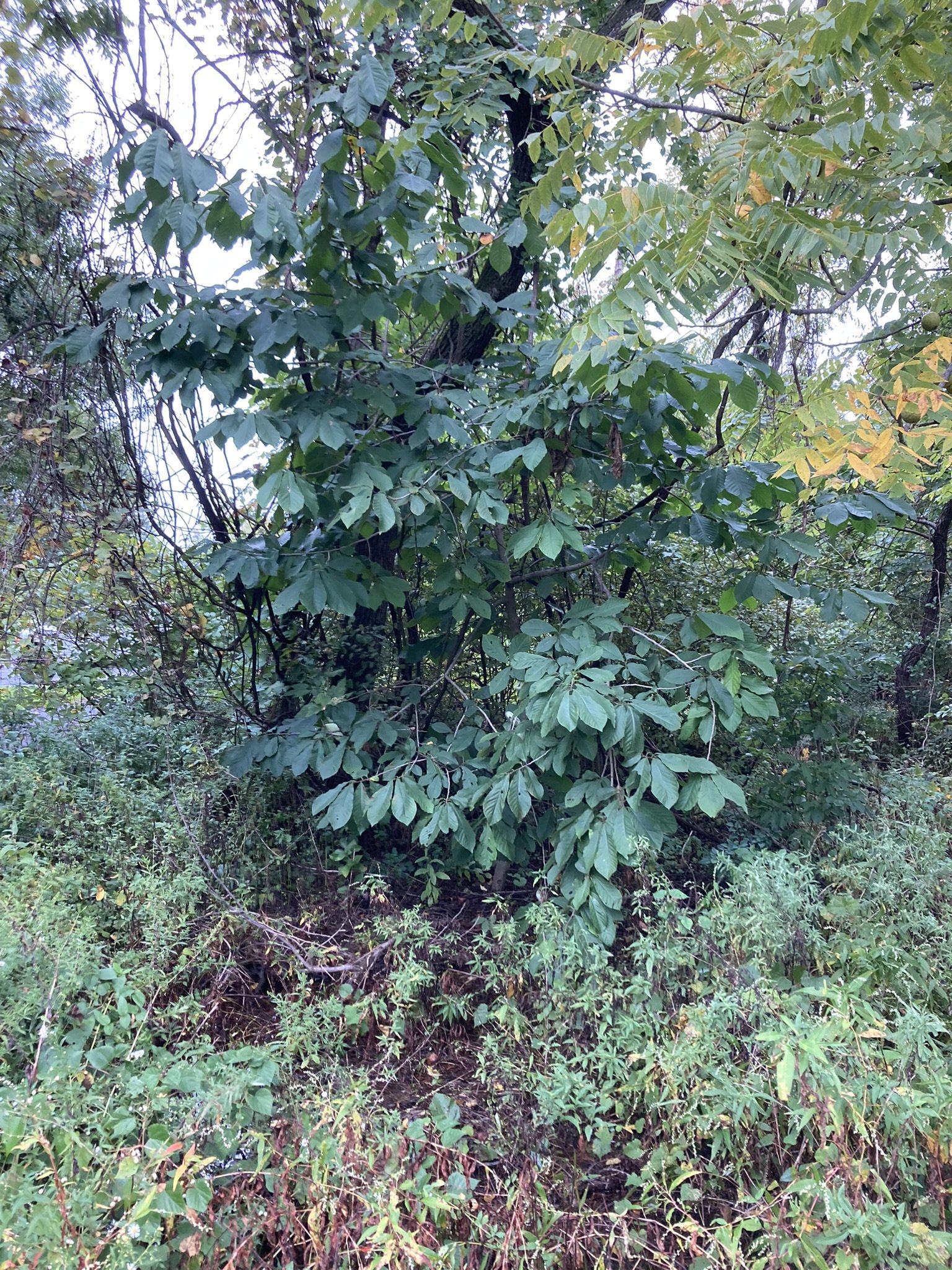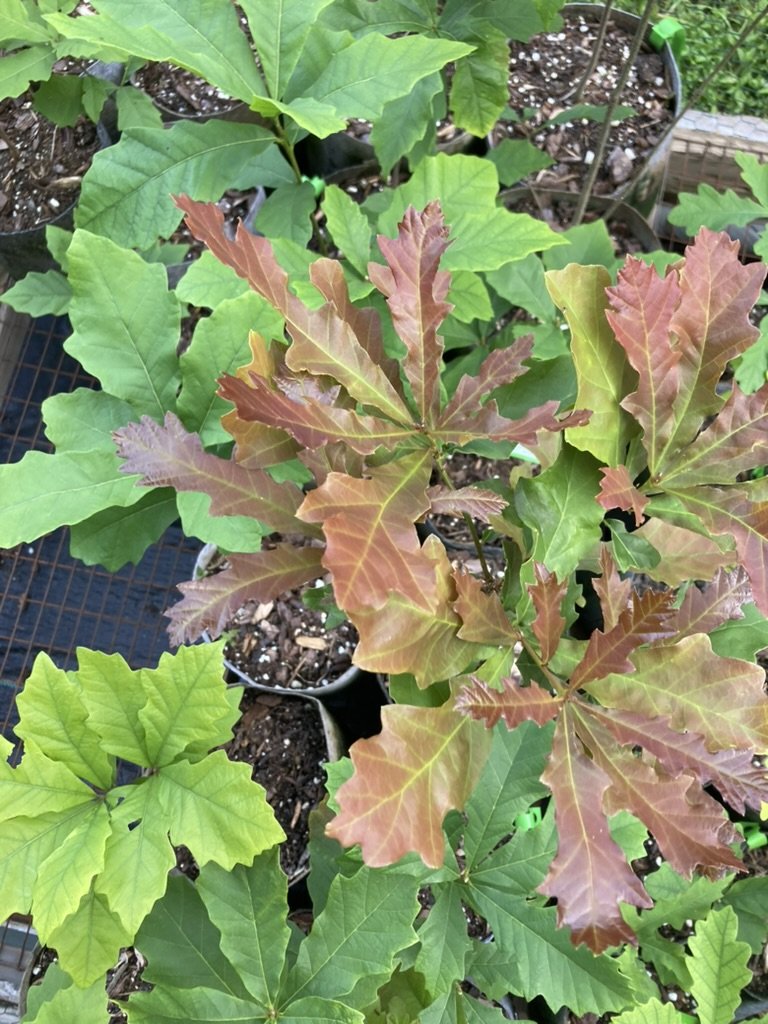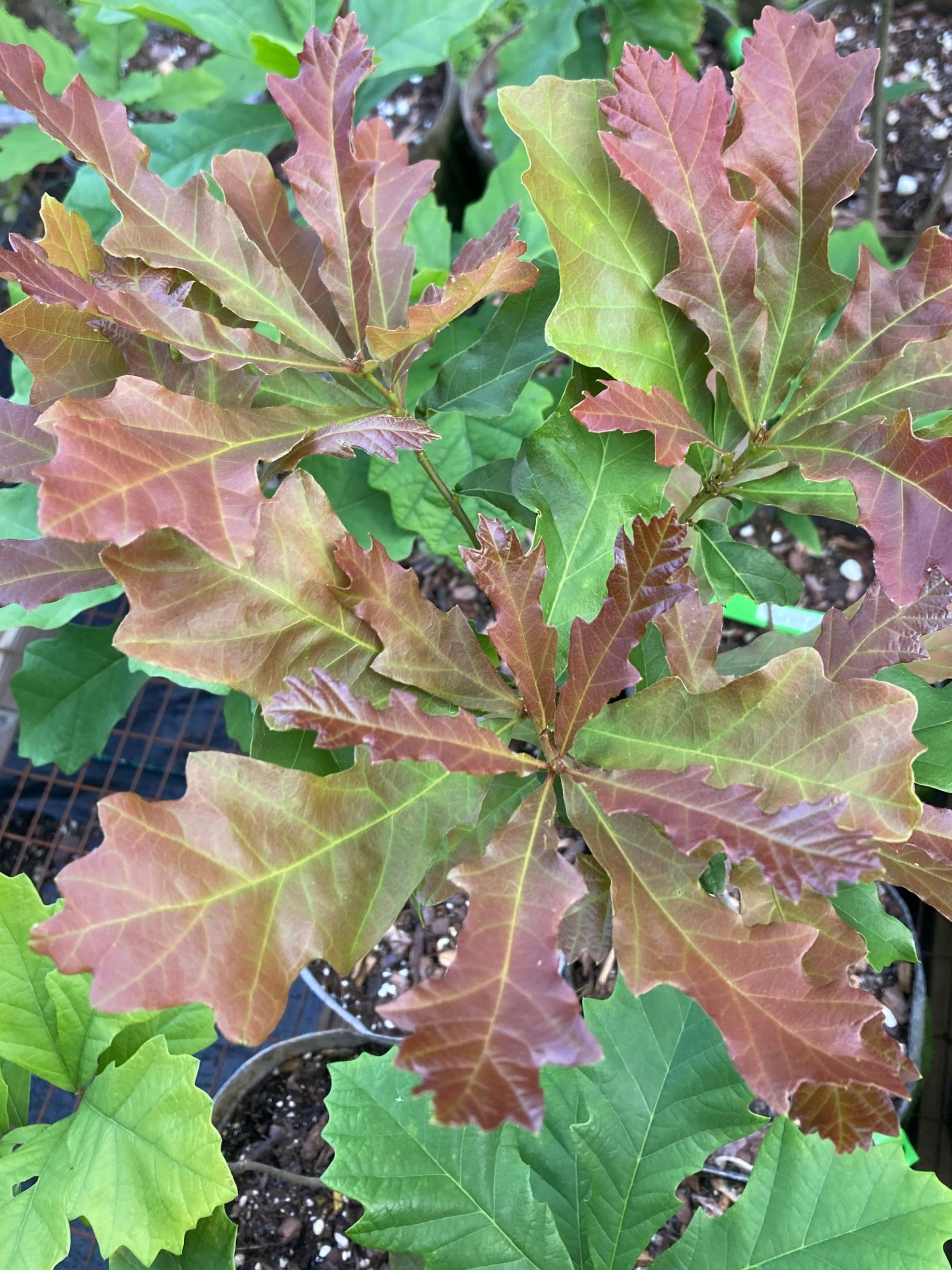 Image 1 of 6
Image 1 of 6

 Image 2 of 6
Image 2 of 6

 Image 3 of 6
Image 3 of 6

 Image 4 of 6
Image 4 of 6

 Image 5 of 6
Image 5 of 6

 Image 6 of 6
Image 6 of 6







Black Cherry
🌳 Prunus serotina (Black Cherry)
Large Deciduous Tree | Eastern North American Native | Keystone Species | Wildlife Magnet
Highlights for Native Plant Enthusiasts:
🐛 Top-tier host plant—supports over 450 species of native moths and butterflies, including the Eastern Tiger Swallowtail
🍒 Small black cherries feed thrushes, grosbeaks, tanagers, woodpeckers, and many mammals
🐝 Racemes of white flowers in spring are a vital early nectar source for native bees
🌲 Grows quickly and naturally in old fields, woodlands, and forest edges
🍂 Develops a tall, upright form with yellow to red fall foliage
🌿 Bark on mature trees becomes dark, flaky, and aromatic—a classic feature of eastern forests
Growing Information:
Height: 50–80 ft | Spread: 30–60 ft
Soil: Well-drained loam, clay, or sandy soils
Light: Full sun to partial shade
Zones: 3–9
Type: Fast-growing deciduous tree
Ecological Note: Keystone genus (Prunus) in the eastern U.S. for Lepidoptera larvae
Why Native Growers Love It:
Prunus serotina is one of the most ecologically valuable native trees in the eastern United States. It provides critical early flowers, abundant fruit, and unmatched caterpillar biomass for nesting birds. Unlike many fast growers, it has long-term structural value, and its wood has historic significance in American furniture and cabinetry.
This is a forest-forming species that supports everything from small songbirds to large pollinator networks. It's perfect for rewilding projects, hedgerows, large native gardens, and ecological forestry.
Available as bare root or container-grown saplings. Sourced from regional wild seed when possible. Never treated with systemic pesticides or fungicides.
Managed with an emphasis on native insect and bird support.
🛒 Plant Prunus serotina—build the backbone of your native habitat.
🌳 Prunus serotina (Black Cherry)
Large Deciduous Tree | Eastern North American Native | Keystone Species | Wildlife Magnet
Highlights for Native Plant Enthusiasts:
🐛 Top-tier host plant—supports over 450 species of native moths and butterflies, including the Eastern Tiger Swallowtail
🍒 Small black cherries feed thrushes, grosbeaks, tanagers, woodpeckers, and many mammals
🐝 Racemes of white flowers in spring are a vital early nectar source for native bees
🌲 Grows quickly and naturally in old fields, woodlands, and forest edges
🍂 Develops a tall, upright form with yellow to red fall foliage
🌿 Bark on mature trees becomes dark, flaky, and aromatic—a classic feature of eastern forests
Growing Information:
Height: 50–80 ft | Spread: 30–60 ft
Soil: Well-drained loam, clay, or sandy soils
Light: Full sun to partial shade
Zones: 3–9
Type: Fast-growing deciduous tree
Ecological Note: Keystone genus (Prunus) in the eastern U.S. for Lepidoptera larvae
Why Native Growers Love It:
Prunus serotina is one of the most ecologically valuable native trees in the eastern United States. It provides critical early flowers, abundant fruit, and unmatched caterpillar biomass for nesting birds. Unlike many fast growers, it has long-term structural value, and its wood has historic significance in American furniture and cabinetry.
This is a forest-forming species that supports everything from small songbirds to large pollinator networks. It's perfect for rewilding projects, hedgerows, large native gardens, and ecological forestry.
Available as bare root or container-grown saplings. Sourced from regional wild seed when possible. Never treated with systemic pesticides or fungicides.
Managed with an emphasis on native insect and bird support.
🛒 Plant Prunus serotina—build the backbone of your native habitat.





























